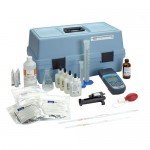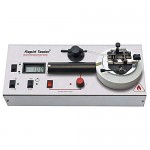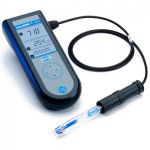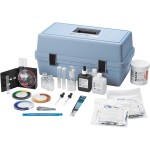
A microbiological culture, or microbial culture, is a method of multiplying microbial organisms by letting them reproduce in a predetermined culture medium under controlled laboratory conditions. Microbial cultures are foundational and basic diagnostic methods used as a research tool in molecular biology. Culture media, also known as growth media, are specific mixtures of nutrients and other substances that support the growth of microorganisms such as bacteria and fungi (yeasts and molds). ... The culture media ingredients vary according to the test being performed and the microorganism of interest.
The three main types of microbiological culture media
- Basal media
- Enriched media
- Selective
- Indicator media
- Transport media
- Storage media
Culture media preparation is one of the routine tasks common to many microbiology laboratories. This is true in the food industry, where producers regularly monitor food and environmental samples for spoilage and pathogenic microbes as an early indication of a breakdown in processing hygiene.
Components of culture media
- Water– Source of hydrogen and oxygen.
- Electrolytes– NaCl & other electrolytes.
- Peptone– Mixture of partially digested proteins (animal or vegetable). ...
- Meat extract, yeast extract – Protein degradation products/carbohydrates/Inorganic salts/Growth factors.
- Blood– It enriches media.
There are no application posts to list.






